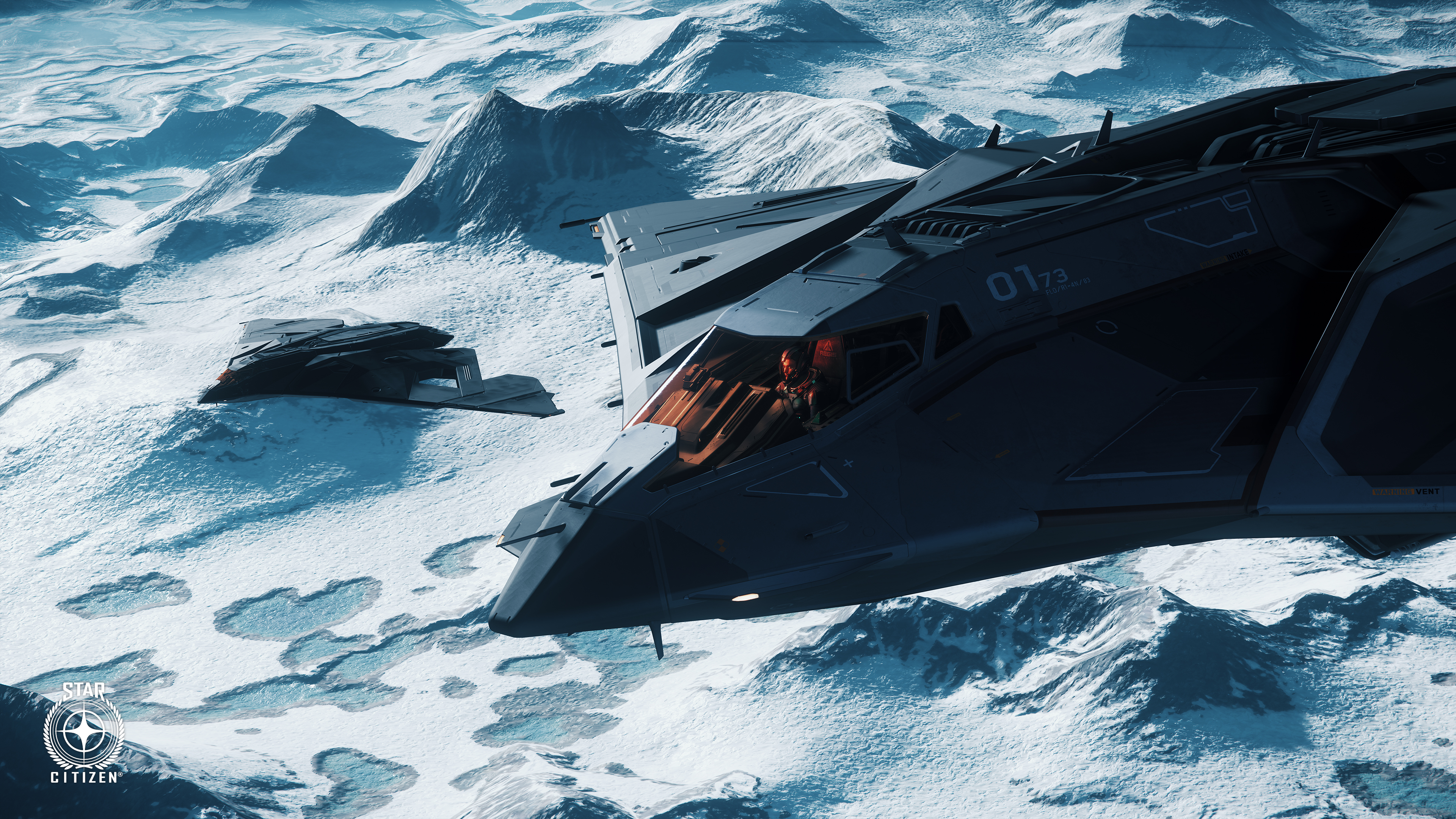
The 'verse, Planets, Activities, Star Map, Contracts, Reputation
Support Us by Signing Up with our Referral Code
Planets
The Star Citizen universe features a vast solar system with multiple planets and environments for players to explore. Here's an overview of the different planets and activities that players can engage in:
-
Crusader
Crusader is a gas giant planet with a bustling city called Port Olisar. This is where players can start their adventure and take on missions to explore the rest of the universe. Activities on Crusader include cargo transport, combat missions, mining, and exploration.
-
ArcCorp
ArcCorp is a heavily urbanized planet with a variety of factories, mining facilities, and refineries. The planet is owned by the ArcCorp Corporation and is home to their headquarters. Activities on ArcCorp include mining, delivery missions, and cargo transport.
-
MicroTech
MicroTech is a planet covered in snow and ice, with a variety of research and development facilities. The planet is home to the MicroTech Corporation, which specializes in developing high-tech equipment and gadgets. Activities on MicroTech include mining, exploration, and research and development.
-
Hurston
Hurston is a planet with a heavily industrialized atmosphere, featuring massive factories and refineries. The planet is owned by the Hurston Dynamics Corporation, which specializes in weapons development. Activities on Hurston include cargo transport, mining, and combat missions.
-
Daymar
Daymar is a moon with a variety of terrain, including deserts and mountains. It is home to a variety of mining and research outposts, as well as a large fuel refinery. Activities on Daymar include mining, exploration, and cargo transport.
-
Yela
Yela is a moon with a harsh, frozen environment. It is home to a variety of mining outposts, research facilities, and a prison. Activities on Yela include mining, exploration, and bounty hunting.
-
Aberdeen
Aberdeen is a planet with a variety of terrain, including deserts and canyons. It is home to a variety of mining and research facilities, as well as a large fuel refinery. Activities on Aberdeen include mining, exploration, and cargo transport.
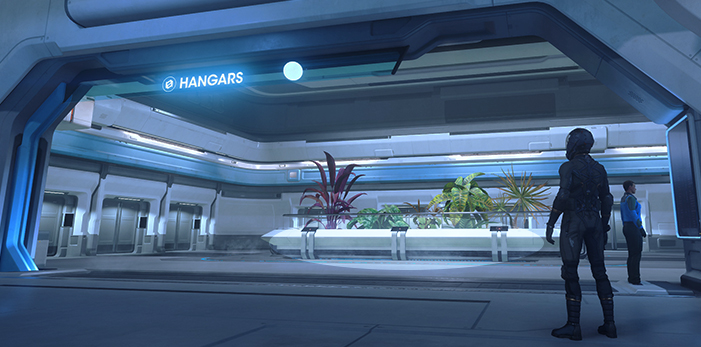
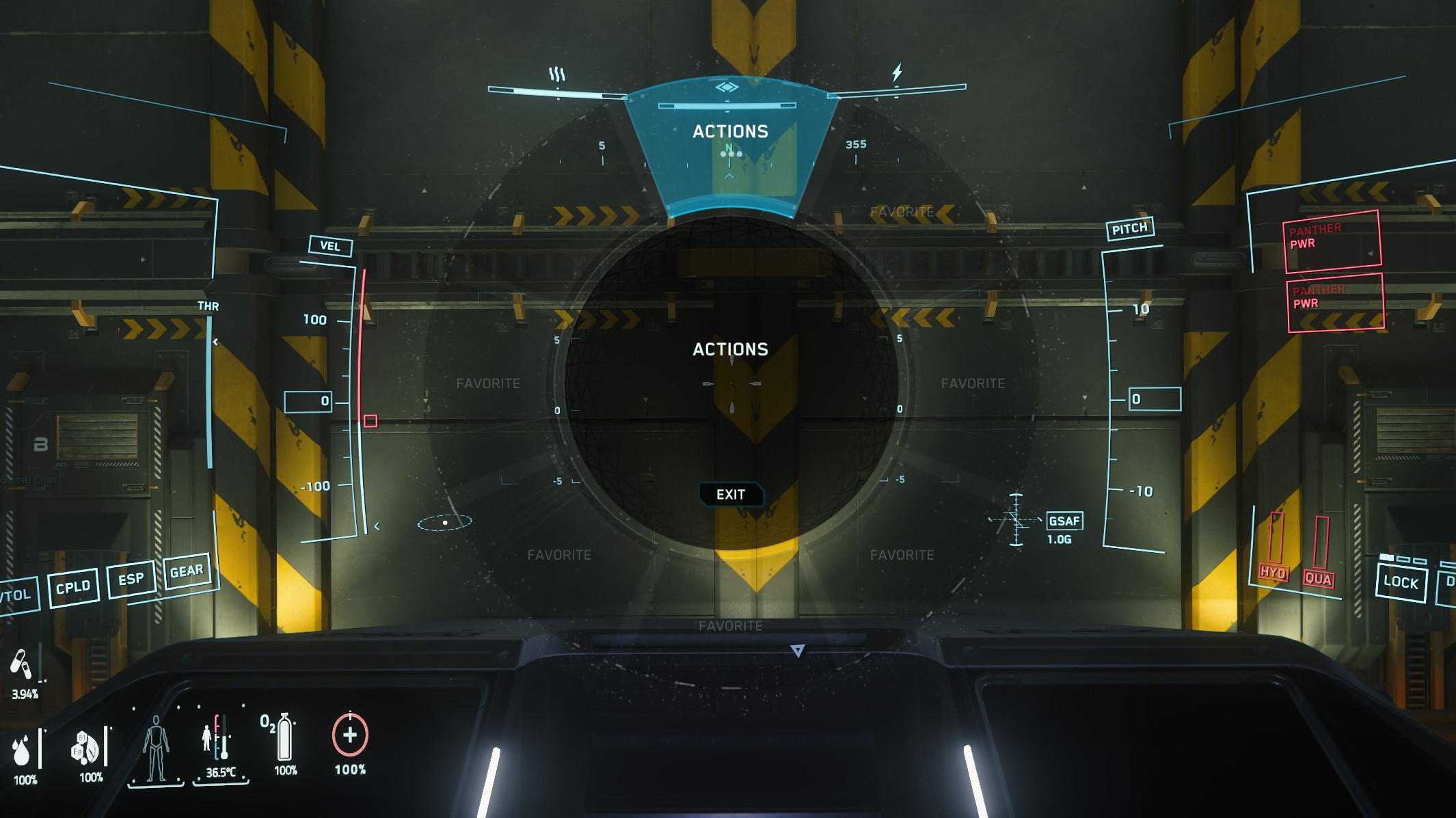
Activities
-
Combat
Players can engage in combat missions against enemy ships, or participate in player versus player combat.
-
Trading
Players can transport and sell goods, buy and sell commodities, and engage in trading activities.
-
Mining
Players can mine resources on planets and moons, then sell them for a profit.
-
Exploration
Players can explore different planets and moons, discovering new locations and uncovering secrets.
Using the Star Map to Travel
The Star Citizen Star Map is a powerful tool that allows players to explore and navigate the vast Star Citizen Universe. Here's a guide on how to use the Star Map to find and select a planet to travel to:
- Accessing the Star Map: The Star Map can be accessed from the main menu of the game or by pressing the "F2" key while in-game. This will bring up the Star Map interface.
- Navigation: To navigate the Star Map, use your mouse to click and drag the map to move around. You can also use the scroll wheel to zoom in and out.
- Finding a planet: To find a planet, you can either use the search function or manually search the map. To use the search function, click on the magnifying glass icon in the upper right-hand corner of the Star Map interface. This will bring up a search box where you can type in the name of the planet you are looking for. To manually search the map, simply zoom in and out until you find the planet you are looking for.
- Selecting a planet: Once you have found the planet you want to travel to, click on it to select it. This will bring up a menu with more information about the planet, including its name, location, and any other relevant details.
- Traveling to the planet: To travel to the planet, you'll need to have a ship capable of making the journey. If you have a ship that can travel to the planet, you'll be given the option to set a course and initiate travel. If you don't have a ship capable of making the journey, you'll need to acquire one or hire a transport service.
- Adjusting travel speed: While traveling to the planet, you can adjust your ship's speed by using the "W" and "S" keys to speed up or slow down, respectively.
- Arrival: Once you arrive at the planet, you'll need to find a suitable landing spot and land your ship. Once you have landed, you'll be able to explore the planet and complete any missions or tasks you may have.
In summary, the Star Citizen Star Map is a powerful tool that allows players to explore and navigate the Star Citizen Universe. To use the Star Map to find and select a planet to travel to, you'll need to navigate the map, find the planet you're looking for, select it, and initiate travel. With these steps, you'll be able to explore the vast and exciting universe of Star Citizen.
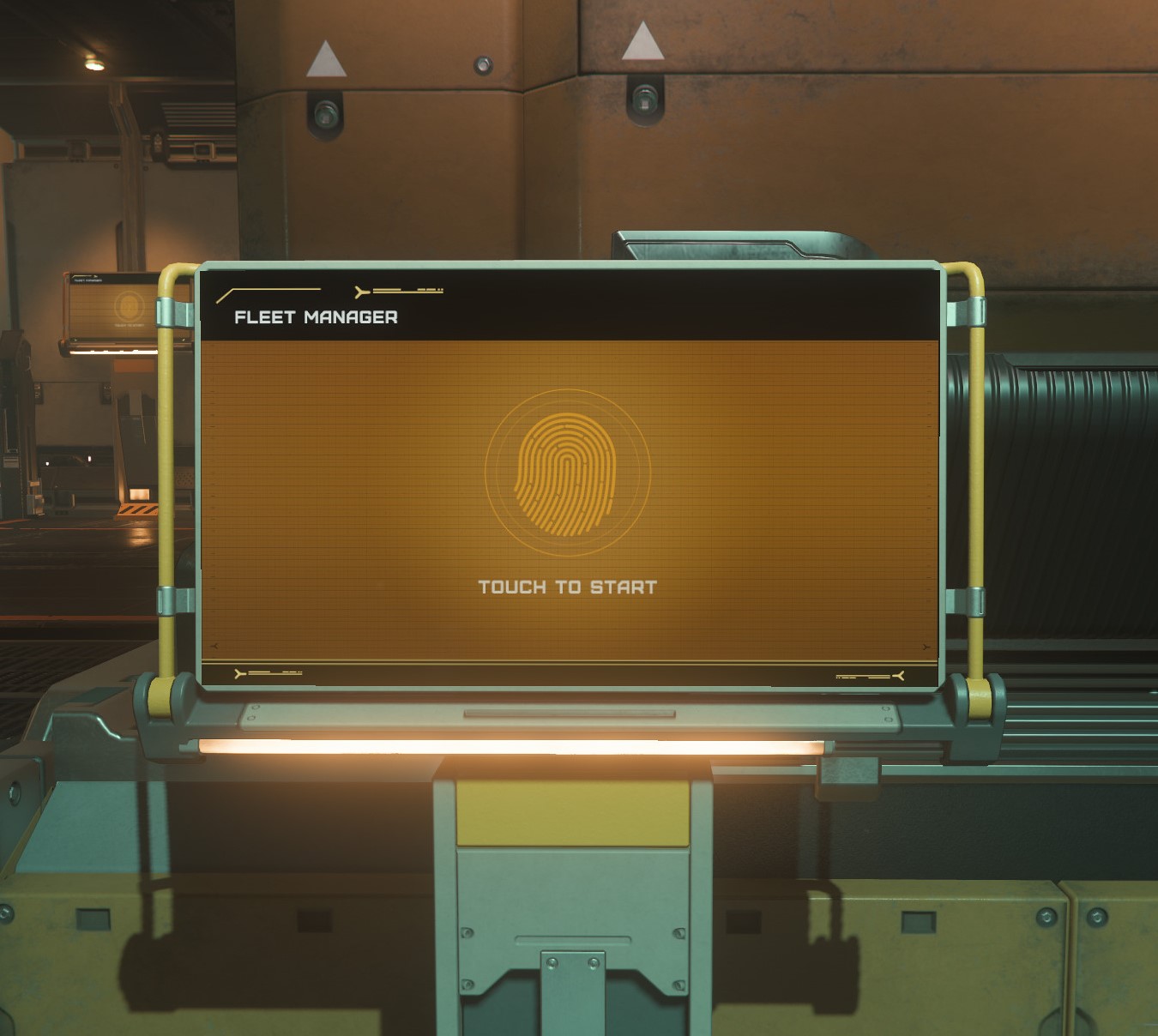
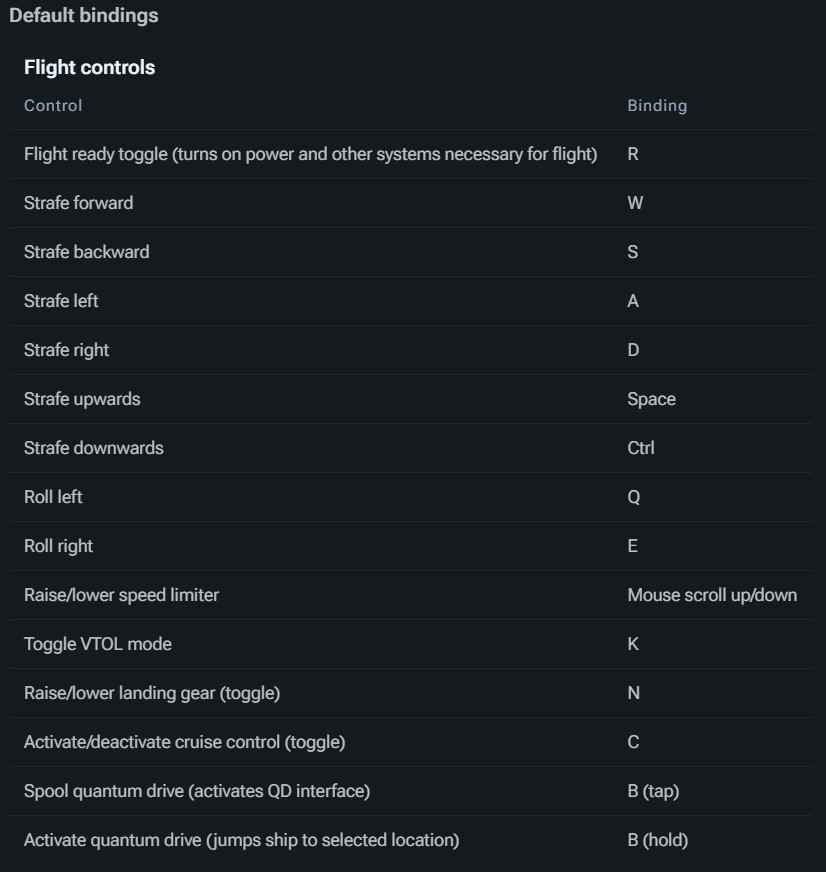
Selecting a Mission in the Star Citizen Universe
Selecting a mission in the Star Citizen Universe can be a bit overwhelming for new players, but with some guidance, it's easy to get started. Here's a step-by-step guide on how to select a mission and the types of missions available in the game:
- Open the mission manager: Press the "F1" key to open the mobiGlas, the in-game personal communication device. From there, select the "Contract Manager" option.
- Browse the available missions: In the Contract Manager, you'll see a list of available missions. You can filter missions by location, reward, and type. Take some time to browse through the available missions and read their descriptions to get a better idea of what each mission entails.
- Choose a mission: Once you've found a mission you're interested in, click on it to see more details. Pay attention to the mission requirements, rewards, and any potential risks or dangers.
- Accept the mission: If you're satisfied with the mission details, click on the "Accept" button to add the mission to your mission log.
- Complete the mission: Once you've accepted a mission, it will appear in your mission log. Follow the mission objectives to complete the mission and earn your reward.
Types of Missions
Types of missions:
- Delivery missions: These missions involve transporting goods or packages from one location to another. Delivery missions are typically low-risk and can be completed relatively quickly.
- Escort missions: These missions require you to protect a ship or convoy from attack while they travel to their destination. Escort missions can be more challenging than delivery missions and often involve combat.
- Combat missions: These missions involve engaging in combat against enemy ships, ground targets, or other players. Combat missions can be some of the most challenging and rewarding missions in the game.
- Exploration missions: These missions require you to travel to uncharted areas of space to discover new locations or resources. Exploration missions can be exciting and offer unique rewards, but they can also be risky and unpredictable.
- Bounty hunting missions: These missions require you to track down and eliminate dangerous criminals. Bounty hunting missions can be some of the most challenging and lucrative missions in the game, but they also carry a high risk of danger.
- Investigation missions: These missions require you to solve puzzles, gather clues, and uncover secrets. Investigation missions can be some of the most immersive and engaging missions in the game.
In summary, selecting a mission in the Star Citizen Universe involves opening the mission manager, browsing the available missions, choosing a mission that fits your interests and skill level, and then completing the mission objectives to earn your reward. With a variety of mission types available, there's something for everyone in the Star Citizen Universe.
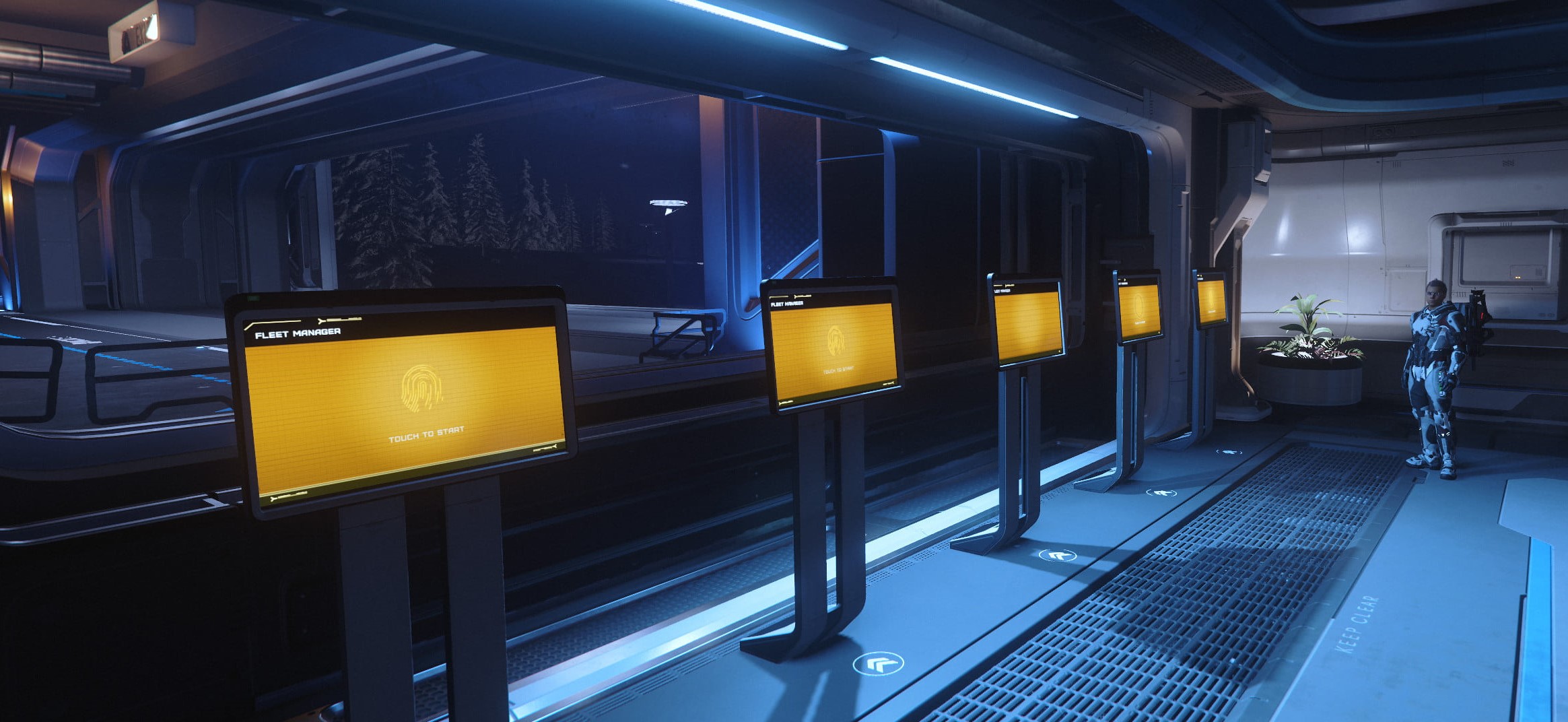

Contracts, Corporations, Individuals and Factions
In the Star Citizen Universe, missions are contracted by various parties that can include corporations, individuals, and factions. Each mission has a set of objectives that must be completed in order to receive a reward. Successful completion of a mission can result in bonuses, reputation increases, and other benefits.
Missions are classified into different levels based on their difficulty and complexity. Higher level missions tend to offer more challenging objectives and greater rewards, but also require more skill and better equipment to complete. As you progress through the game, you'll gain access to higher level missions that offer more lucrative rewards.
In addition to the main mission objectives, some missions may have bonus objectives that can provide additional rewards if completed. These bonuses are often optional but can significantly increase the overall reward for completing the mission.
When you accept a mission, you'll be provided with information about the mission objectives, rewards, and any potential risks or dangers. You'll also receive information about any special requirements for the mission, such as specific equipment or vehicles needed to complete the objectives.
Once you've completed a mission, you'll receive your reward based on your level of success. The reward may include credits, items, reputation increases, and other bonuses. If you completed any bonus objectives, you'll also receive those rewards as well.
Reputation is an important factor in the Star Citizen Universe, as it can affect your standing with various factions and corporations. Completing missions successfully can increase your reputation with the contract party, which can lead to access to more lucrative missions and better rewards.
In summary, missions in the Star Citizen Universe are contracted by various parties and classified into different levels based on their difficulty. Successful completion of a mission can result in rewards, reputation increases, and other bonuses. Bonus objectives can provide additional rewards, and reputation is an important factor in accessing higher level missions and better rewards.
Reputation
Reputation is an important aspect of the Star Citizen Universe, as it affects your standing with various factions and organizations. Reputation is gained by completing missions and tasks for specific groups and by interacting with other players and NPCs.
As you gain reputation with a particular faction or organization, you'll unlock access to new missions, items, and other rewards. Additionally, some factions may offer discounts on their goods and services or provide other benefits to players with high reputation.
Reputation is gained by completing tasks and missions for a particular faction or organization. Each task or mission completed will provide a certain amount of reputation points. The amount of reputation points earned may depend on the difficulty of the task or mission, as well as your overall performance in completing it.
Reputation can also be lost if you perform actions that are unfavorable to a particular faction or organization. For example, if you attack or destroy a ship belonging to a faction you have good standing with, your reputation with that faction will decrease.
Reputation is tracked on a per-faction basis, so you can have different reputation levels with different factions. Additionally, your reputation with a particular faction may affect your reputation with other factions. For example, if you complete a mission for a faction that is in conflict with another faction, your reputation with the opposing faction may decrease.
Reputation is an important factor in accessing higher level missions and better rewards in the Star Citizen Universe. In order to gain access to some of the most lucrative missions and rewards, you'll need to have a high reputation with the appropriate factions and organizations.
Additionally, reputation can affect your standing in the overall universe and how other players and NPCs interact with you.
In summary, reputation is an important aspect of the Star Citizen Universe, and is gained by completing missions and tasks for specific factions and organizations. Reputation can unlock access to new missions and rewards, and can affect your standing in the overall universe. Reputation can be lost by performing actions unfavorable to a faction or organization, and can affect your reputation with other factions.
In the Star Citizen Universe, organizations and factions are groups of individuals that share common goals, beliefs, or interests. These groups can include corporations, government agencies, criminal syndicates, and other organizations.
Factions are typically groups that have a specific agenda or goal. They may be friendly, neutral, or hostile to players, depending on their interests and beliefs. Some factions may be aligned with the United Empire of Earth (UEE), the dominant political entity in the Star Citizen Universe, while others may be independent or in opposition to the UEE. Examples of factions in the Star Citizen Universe include the Advocacy (a law enforcement agency), the Banu Protectorate (a powerful alien species), and the Vanduul (a dangerous alien species).
Organizations are groups of players that band together for a variety of reasons, such as to pursue a common goal, to provide mutual support and protection, or simply for social reasons. Some organizations may be affiliated with specific factions or corporations, while others may be independent. Organizations can range in size from small groups of friends to large communities with hundreds or even thousands of members.
Organizations can provide a number of benefits to players. They can offer a sense of community and support, as well as opportunities for socializing and collaborating with other players. Additionally, larger organizations may be able to provide resources and assets that individual players may not have access to, such as ships, vehicles, and equipment.
Organizations and factions can also play an important role in the overall story and universe of Star Citizen. As players interact with different factions and organizations, they may uncover new information, encounter new challenges, and unlock new opportunities.
In summary, factions and organizations are groups of individuals that share common goals or interests. Factions have specific agendas or beliefs and can be friendly, neutral, or hostile to players, while organizations are groups of players that band together for various reasons. Both factions and organizations can provide benefits and opportunities to players, and can play an important role in the overall story and universe of Star Citizen.